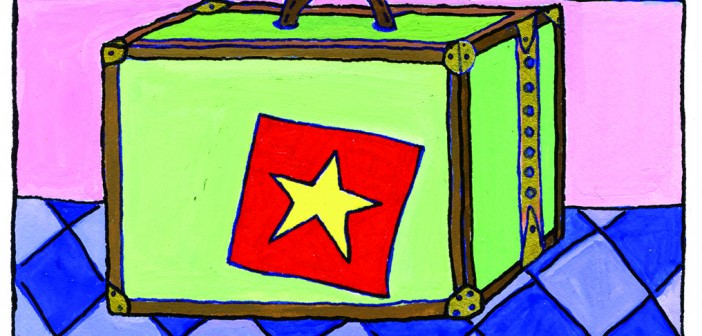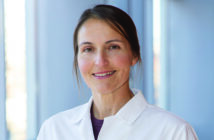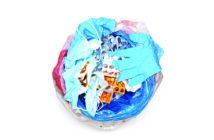Studying abroad shows students varying health systems
Dani Grodsky ’14, a cognitive neuroscience concentrator, spent the Fall 2013 semester traveling the globe for the International Honors Program: Health and Community. With 31 other US college students and two professors, she spent more than a month each in India (Delhi and Uttar Pradesh), Vietnam (Hanoi and H’mong Village), and South Africa (the Bo Kaap, Cape Town, and Zwelethemba), exploring health care in urban and rural areas and taking courses on globalization, medical anthropology, research methods, and the link between biology and policy, all while living with local families. Grodsky kept a travel blog of the experiences and insights that she gained in each country, which are excerpted here.
Inspiring India
In this one month I have: haggled in multiple bazaars, worn traditional clothing, slept on overnight trains (and gotten food poisoning during a ride), taken countless bicycle and electric rickshaws amid blaring horns and wandering cows, observed health centers and the work of innovative NGOs, bought cinnamon from the world’s largest spice market, ridden an elephant to the entrance of a palace, and spent a week in a tiger zone. It’s been nothing short of eye opening and enlivening.
One thing that surprised me most is that people in middle to upper-class neighborhoods walk just down their blocks to see families living in tents on the sidewalk or ramshackle buildings. It’s a part of life. Also, women have more independence than I expected from the stereotypes I had heard, but many parents still see more value in teaching their daughter housework than in sending her to school. The air is thick with pollution, and malnourishment is common.
Yet India is a place of boundless growth, innovation, and enthusiasm. Inspiring community members, doctors, business people, and government officials are doing incredible work to make their cities and country healthier and more equitable. I met a teenage girl, the leader of a children’s rights group from a rural village, who helped save a friend from being trafficked to Nepal; she wants to be a police officer. I met the founders of Sulabh International, an organization improving hygiene through the placement of public toilets, and of Healthpoint Services, which provides remote communities with clean drinking water and affordable, accessible doctors.
The human spirit and connection have helped me better understand how infrastructure and belief systems come to be—an understanding that more accurately incorporates circumstance, tradition, and humility instead of over-generalized labels of ignorance or apathy. These shifts in thinking, and, furthermore, problem solving are of great importance when it comes to developing innovative efforts to provide millions of Indians with more options for health and equality.
On to Vietnam
There is a long history here of war—with the Chinese, French, and, of course, Americans—but despite the tumult that the Vietnam War caused in the US, to the Vietnamese it seems to be just a blip in centuries’ worth of continuous occupation. Ho Chi Minh said the actions of the government are not always reflective of the people, and it surprised me how little resentment the Vietnamese harbor against Americans. This is even the case for people we met who are directly affected by Agent Orange.




